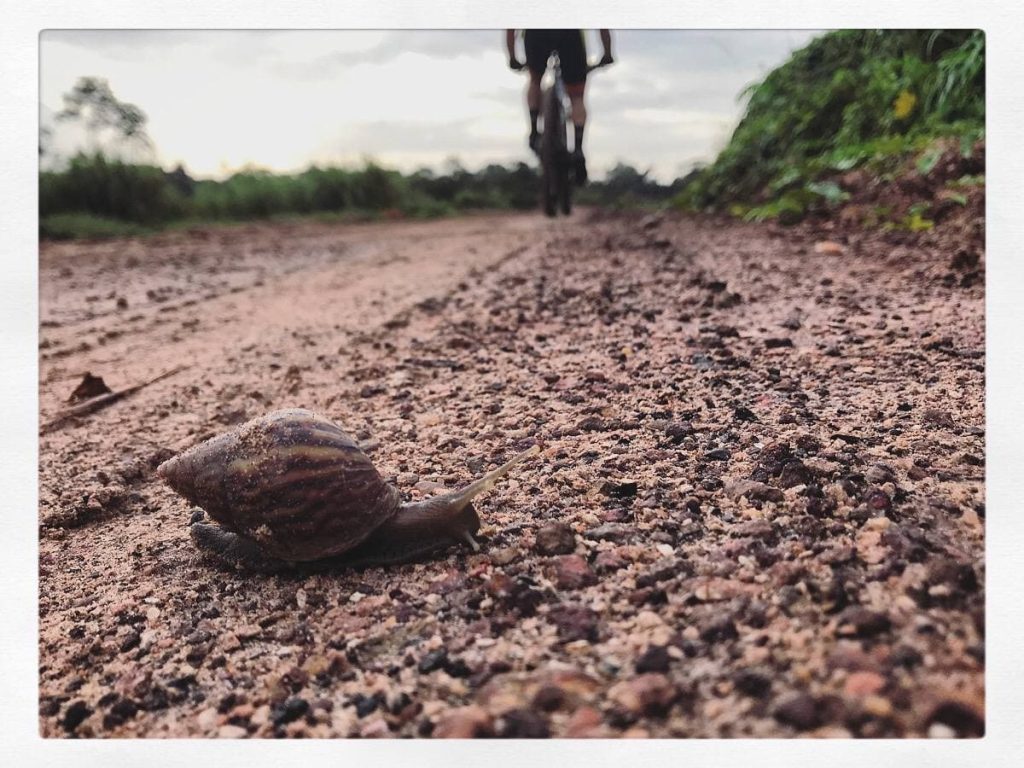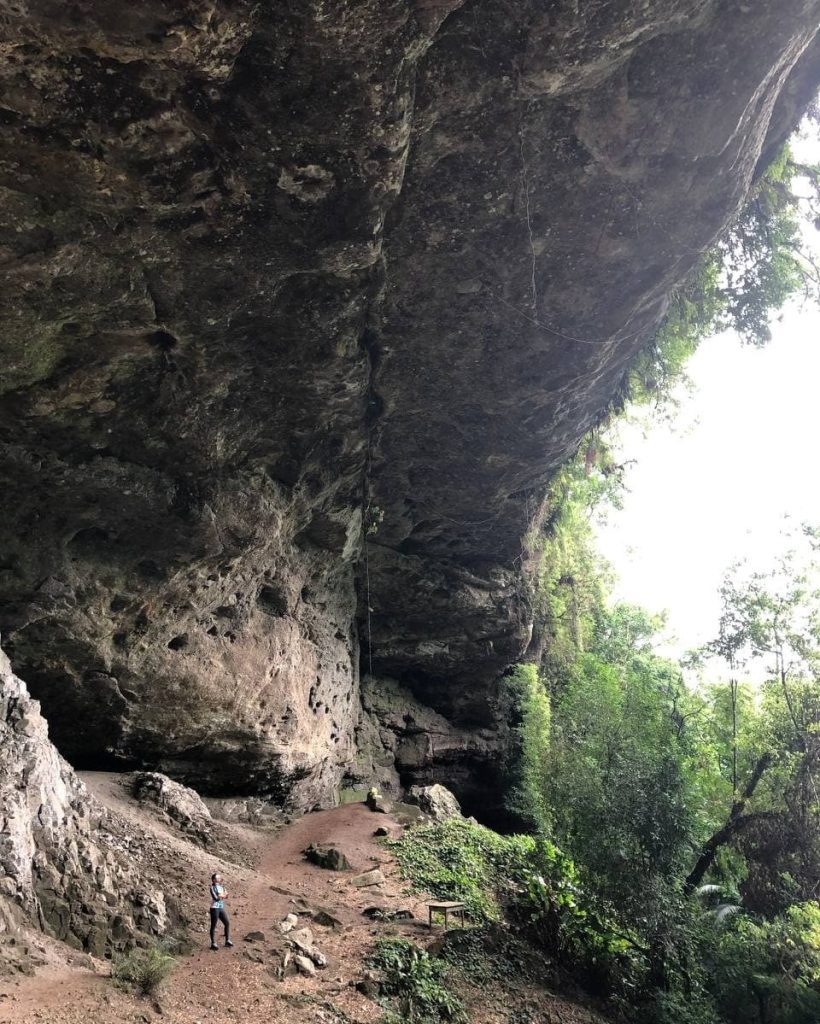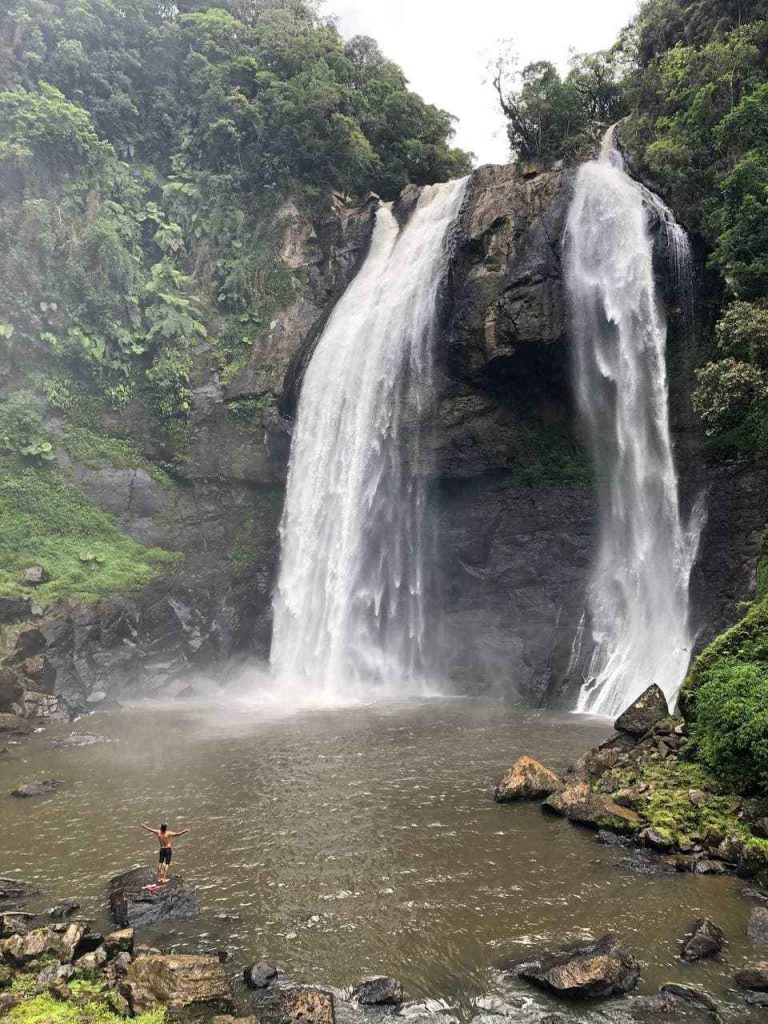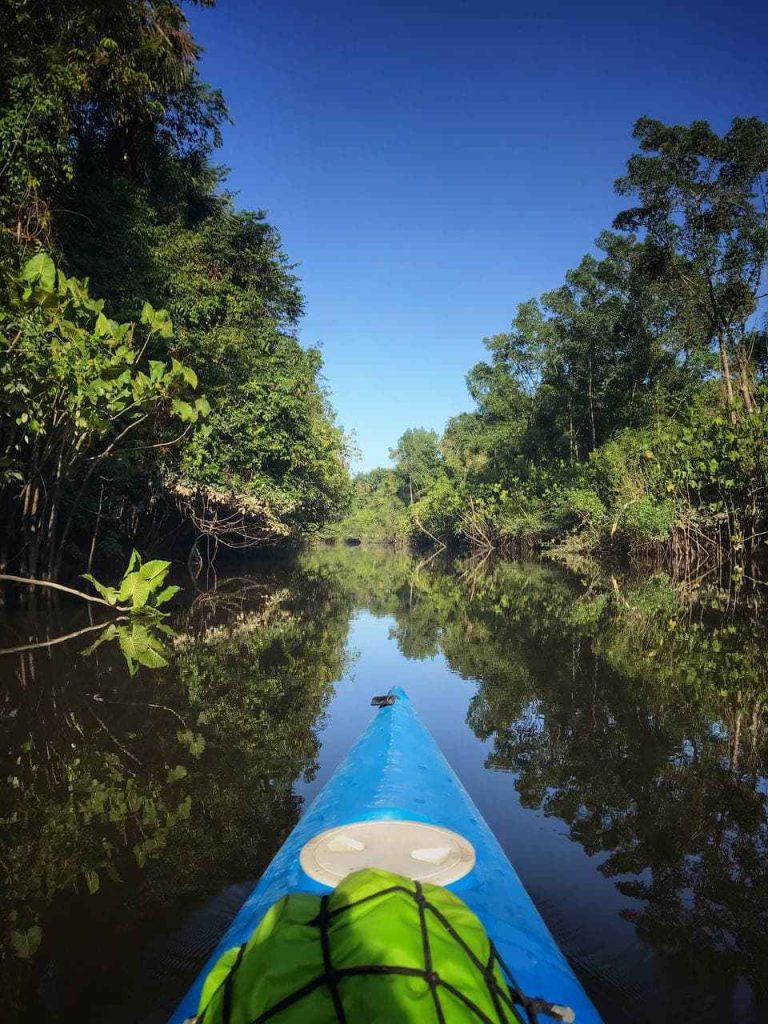Recreational, sports and experience activities that have nature as their main attraction should awaken reflection on the conservation and preservation of the environment and its biodiversity found there. But this awareness does not always happen, and users (adventurers or tourists) end up extrapolating the sustainable limits of their activities, generating impacts that should be minimized.

The lack of understanding of the concept of Nature Tourism and Ecotourism on the part of the promoters of these segments (tourism agencies and adventure groups/expeditions/tours) can negatively influence the wise and balanced use of natural resources. But why does knowing how to distinguish them make such a difference?
To begin with, it is good to point out that both segments are part of Turismo NA NATURE, but one of them has a philosophy and principles of preservation and conservation. This means that you may be carrying out a recreational or sporting activity in an irresponsible or, at least, misguided manner; and, to make matters worse, “buying a pig in a poke”. Like this? Let me explain to you. As Ecotourism has become a brand name, highly salable and “environmentally correct”, most services in this segment tend to be more expensive, although more attractive. Then I ask you: have you ever hired ecotourism or experience tourism service with the slogan [eco] and not even received any guidance other than “enjoy”? I already. And this is where the problem starts.
"…if in any NATURE tourism, you are not induced to reflect on conservation and preservation, or socio-environmental awareness, you will be practicing NATURE tourism…"
Scholars of the subject claim that the term “ecotourism” is used indiscriminately, as not all activities carried out in nature can receive this denomination. So, if in any NATURE tourism, you are not induced to reflect on conservation and preservation, or socio-environmental awareness, you will be practicing NATURE tourism, which has [landscape as an attraction] and market interests as its motto. But that doesn’t mean that you or I am wrong for choosing this kind of experience. After all, it overvalues the contact and interrelationship with nature, through the scenic beauty of conserved or correlated natural environments. However, I need to highlight the main point of the problem: Nature Tourism causes environmental and social impact during its practice, so it can compromise, over time, the quality of the tourism product offered.
So, whether you are an adventurer or a practitioner of sports in nature, or an observer of fauna and flora, or a tourist who was captured by natural beauties, whether for rest, contemplation or leisure, I invite you to reflect on what was written in the first paragraph of this text. I believe that regardless of the experience one has in natural environments, principles of conservation and preservation must be linked to the chosen practice, especially since any intervention in these environments generates an impact to some degree.


Brazil is among the top ecotourism destinations in the world. Its indescribable landscapes represented by rock formations, mountains, caves, rivers, waterfalls, beaches, and rich biodiversity, attract, per year, about 1 million travelers to the country, generating an estimated income of US$ 70 million per year. And, of the 35 biodiversity hotspots spread across the planet, two are concentrated here (Cerrado and Atlantic Forest), according to the classification made by the organization Conservation International (C.I). In other words, we have many attractions and we must use responsible and sustainable tourism to transform mere visitors into conservation agents through environmental education. After all, those who know to take care!

Therefore, whatever the activity in these segments (fauna observation; flora observation; observation of geological formations and visits to caves; astronomical observation; freediving; hiking and tree climbing; trails and photographic safaris; cycling, canoeing, or rafting), it is essential to assess whether the contracted agent strives for responsible tourism, guiding sustainable practices within the limits of each activity. Otherwise, we will be contributing negatively to what little nature we have left, not to mention the inconvenience generated to native communities.
And so I end here by indicating the link to the Manual of Good Sanitary Practices in Nature Tourism of the Brazilian Association of Ecotourism and Adventure Tourism Companies – ABETA. After completing a simple, quick, and free registration, you will have access to a list of good practice manuals on various experiences in nature, with very complete and very well-prepared content! Enjoy!
Do you want to know about our projects in the area of Nature Tourism? Contact us!

